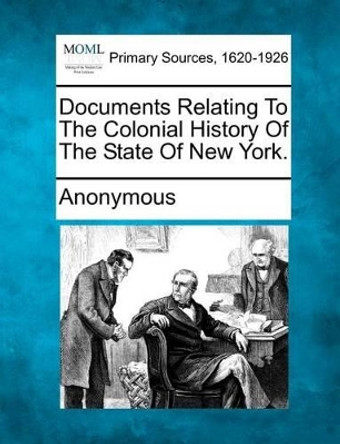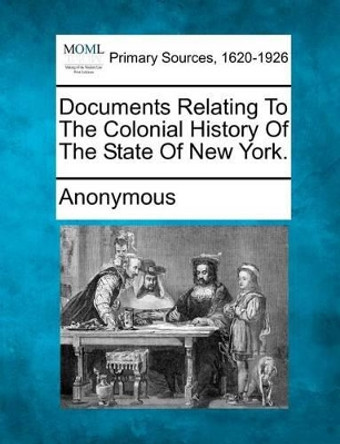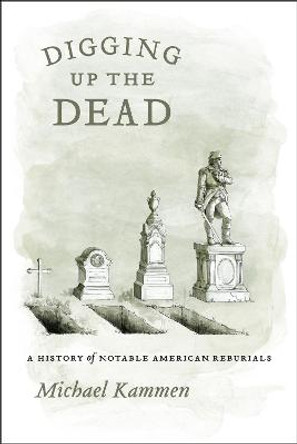Today, New York stands as the stronghold of American culture, business, and idealism. Its size, influence, and multicultural design mark it as the corner-stone of our country. The rich and varied history of early New York would seem to present a fertile topic for investigation to those interested colonial America. Yet, there has never been a modern history of old New York, until this lively and detailed account by Michael Kammen. Elegantly written and comprehensive in scope, Colonial New York includes all of the political, social, economic, cultural, and religious aspects of New York's formative centuries. Social and ethnic diversity have always been characteristic of New York, and this was never so evident as in its early years. This period provides the contemporary reader with a backward glance at what the United States would become in the twentieth century. Colonial New York stood as a precursor of American society and culture as a whole: a broad model of the American experience we enjoy today. Kammen's history is enlivened by a look at some of the larger-than-life personalities who had tremendous impact on the many social and political adjustments necessary to the colony's continued growth. Here we meet Peter Stuyvesant, director of New Amsterdam and an executive of the West India Company: a man facing the innumerable difficulties of governing a large, sprawling town divided by Dutch, English, and Indian settlements. Ultimately, history would view him as a failure, but his strong, Calvinist approach left such an indelible stamp on the burgeoning colony that readers will be tempted to do a little revisionist thinking of his tenure. Looking at a later governor, Lord Cornbury, gives us the exact opposite example of a man despised by his contemporaries as the most venal of all the colonial governors (he was an occasional public cross-dresser, wearing the clothes of his distant cousin, Queen Anne), but who successfully guided the colony through a transition to Anglican rule. The book culminates in chapters that investigate New York's strategic role in the bloody French and Indian War, and the key part it played in the economic protests and political conflict that finally led to American independence. The intricate and tangled web of alliances, loyalties, and shifting political ground that underlies much of colonial New York's past has clearly daunted many historians from taking on the task of writing an understandable account. Michael Kammen has excepted this challenge and gives us much more than a mere chronicle. Rather, he paints a compelling portrait of colonial life as it truly was. Although this important book is thorough and informed by primary sources, Colonial New York's clear and vivid prose offer a delightful narrative that will entertain both general readers and serious scholars alike. It pays special attention to localities and contains numerous illustrations that are attentive to the decorative arts and the material culture of early New York. Surprising and enlightening, Colonial New York is a delight to read and provides new perspectives on our nation's beginnings. The book traces significant changes in twentieth-century American culture through the career of Gilbert Seldes. It was Seldes' book The Seven Lively Arts that produced a wide debate among intellectuals about the so-called "popular arts" (film, broadcasting, cartoons) and their importance to American culture.
About the AuthorMichael Kammen is the Newton C. Farr Professor of American History and Culture at Cornell University. He is the author of a number of books, including the Pulitzer Prize-winning People of Paradox: An Inquiry Concerning the Origins of American Civilization. He is the author of many author award-winning books and, from 1981 to 1994, was a trustee of the New York State Historical Association.
Reviews"Monumental."--Library Journal
"Strictly by the skill of his narrative , [Kammen] makes the experience of colonial New York anticipate the experience of the American nation."--The New Republic
"This is colonial history at its very best, scholarly but not shcolastic, subtly and brilliantly organized, most elegantly written, and filling a long-felt need. One could hardly ask for more."--The Washington Post
"Michael Kammen has produced an informed, eloquently written history of colonial New York--a book that far surpasses any one-volume treatment heretofore available on the subject....A 'modern' account of pre-Revolutionary New York that will satisfy the most professional historians. At the same time, the general reader is well served, for Kammen's presentation is colorful and lively. --New York Historical Society Quarterly
"In scope, depth, prose style, and organization, it is the best single-volume account of any colony that I have encountered."--Sung Bok Kim, The William and Mary Quarterly
"Fills a long-standing need."--Lawrence H. Leder, The American Historical Review
"An excellent synthesis of scholarship on New York's pre-Revolutionary history."--Jacob Judd, The Journal of American History
"Certainly the best available one-volume history of the colony and as good a one-volume account as exists for any of Britain's American colonies."--Jack P. Greene, Times Literary Supplement
Book InformationISBN 9780195107791
Author Michael KammenFormat Paperback
Page Count 448
Imprint Oxford University Press IncPublisher Oxford University Press Inc
Weight(grams) 585g
Dimensions(mm) 220mm * 140mm * 29mm








